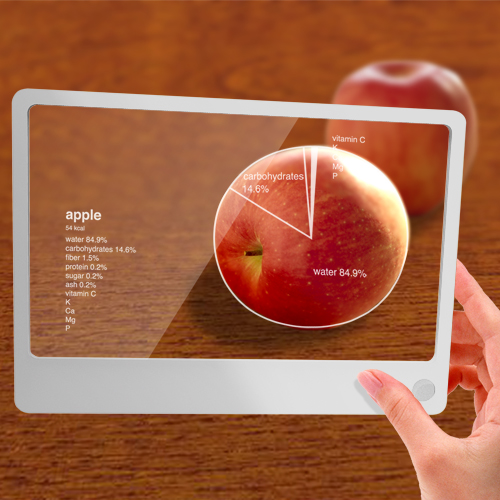So, I read a pretty interesting blog today. It concerned the objectivity of journalists in the web 2.0 world and, this is the most interesting part so pay attention, how important (or non important) objectivity really is.
How about an equation?
Objectivity =/= Subjectivity.
Seems pretty straightforward, right? Well, this blog does not think so. In fact, this blogger basically equates objectivity to subjectivity inasmuch that readers want, NEED, subjectivity in their news stories and articles.
Let's face it-when we read an article, we know we are getting a biased opinion. Whether it's through Fox News or MSNBC, Time (which I will give props to for at least attempting to remain unbiased) or the New York Post, we read articles as much for the "need for narrative" as we do for the hard facts. I'd hazard a guess that gossip mags sell more than any newspaper. And why is that?
Because people love sensationalism. They crave it.
So, bringing this back to the originial point (and how this relates to Web 2.0.) A memo from the Washington Post (leaked, of course) told all journalists on staff that it was OK to have an objective point of view, to be human basically, but not to let in interfere (noticeably) with their articles in research.
Wut?
It is impossible to not have a bias. It is almost as impossible to hide that bias. And that is what this blogger is saying. That the transparency of objectivity is an OK thing. We all know journalists have bias, and that's just fine with us.
Hello world!
5 months ago

